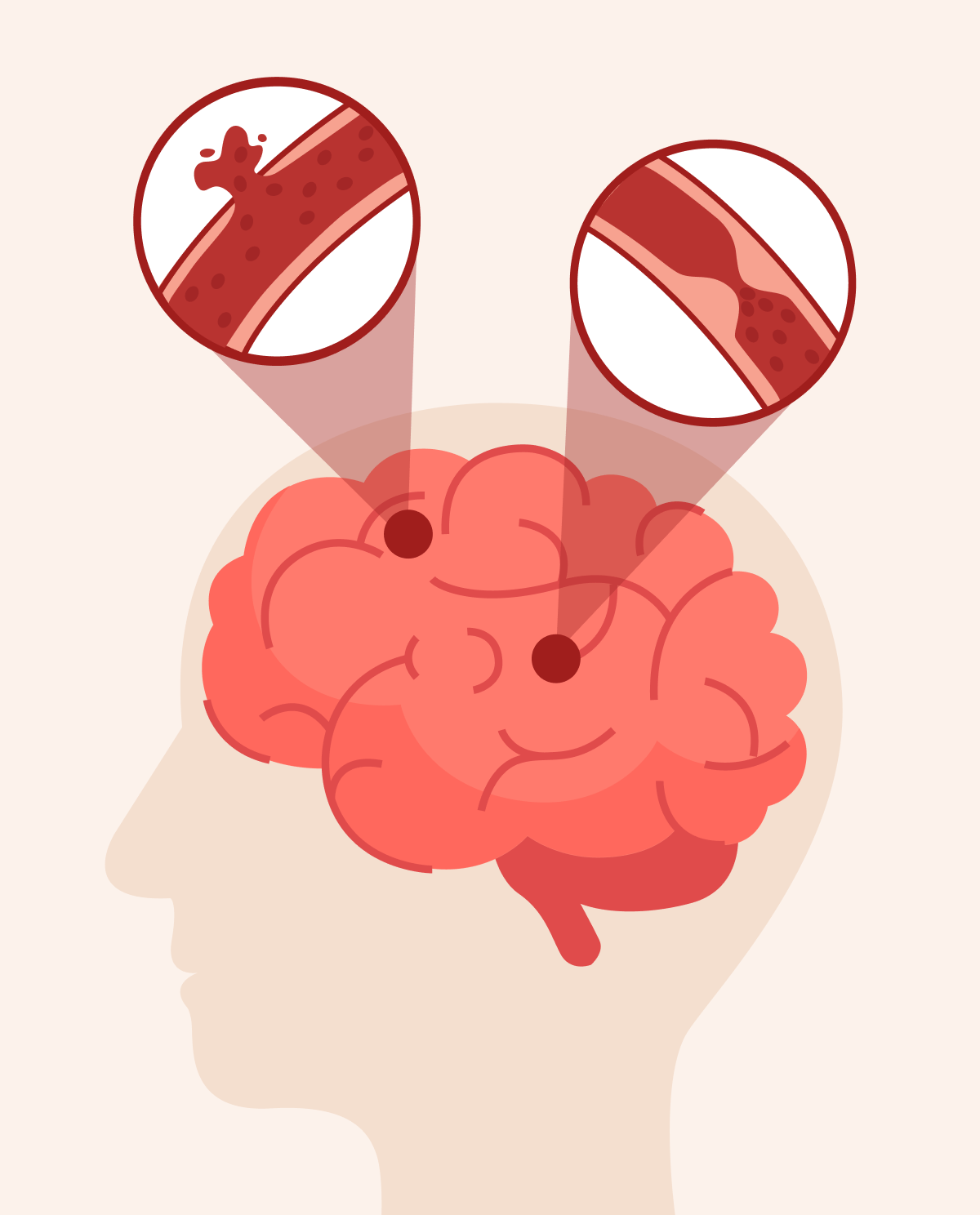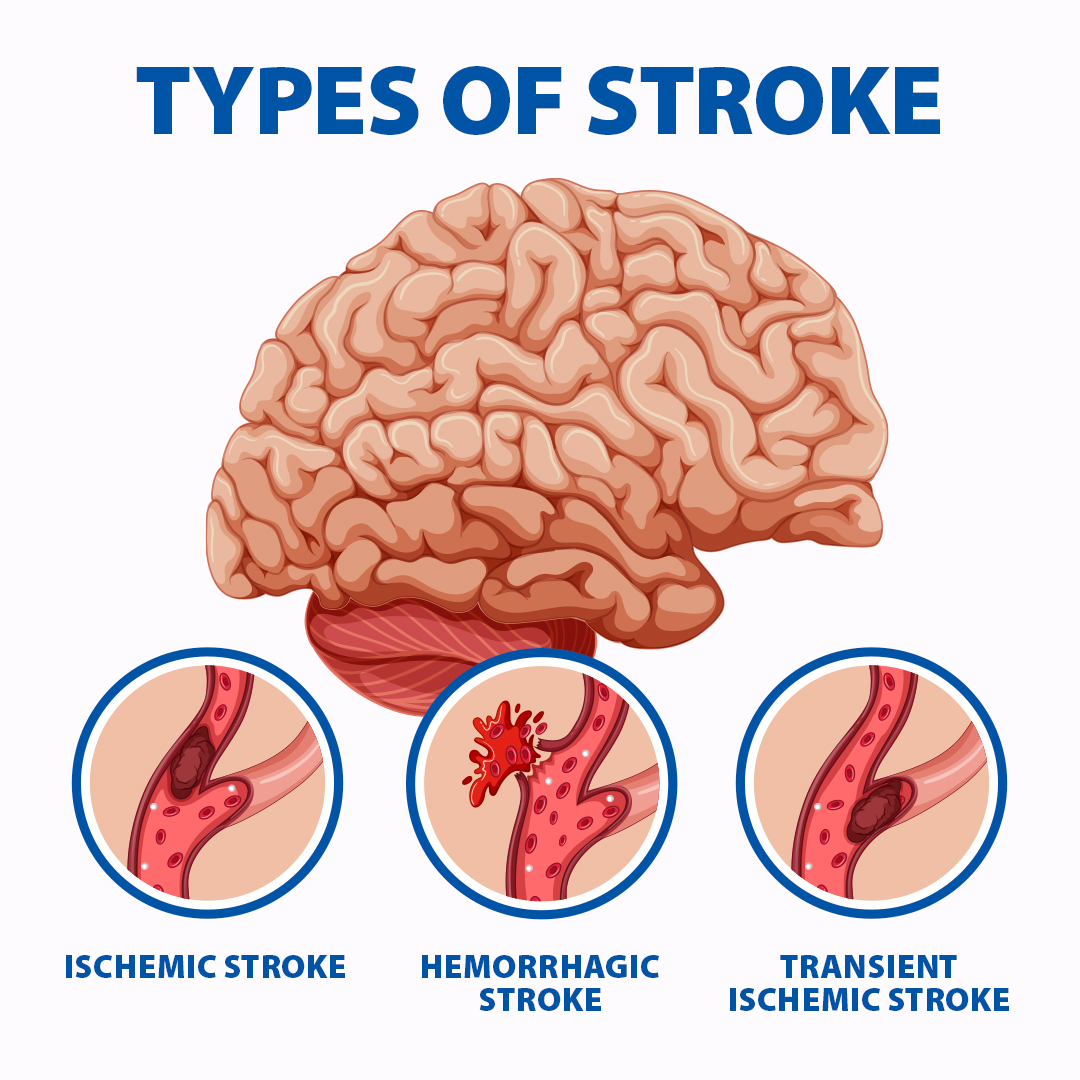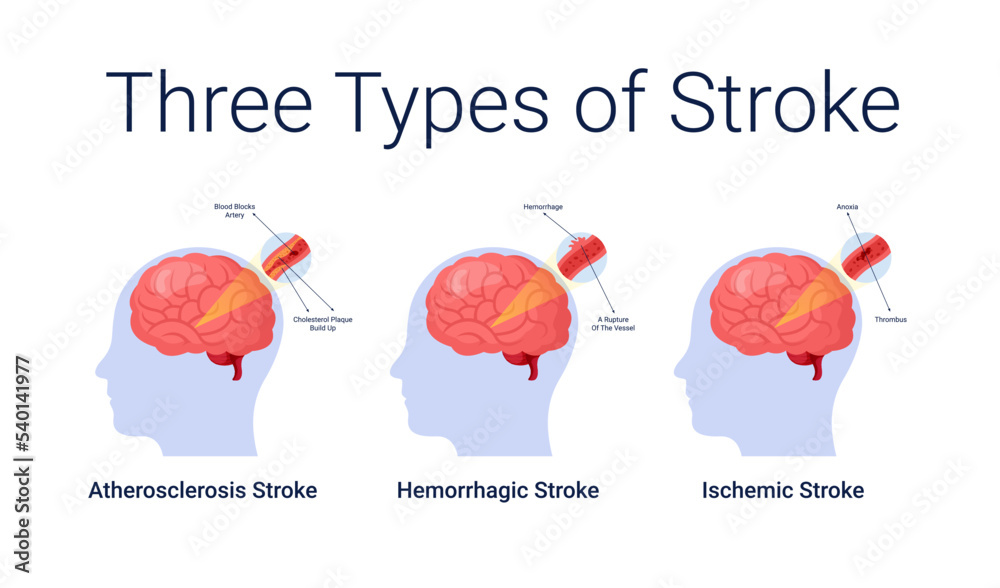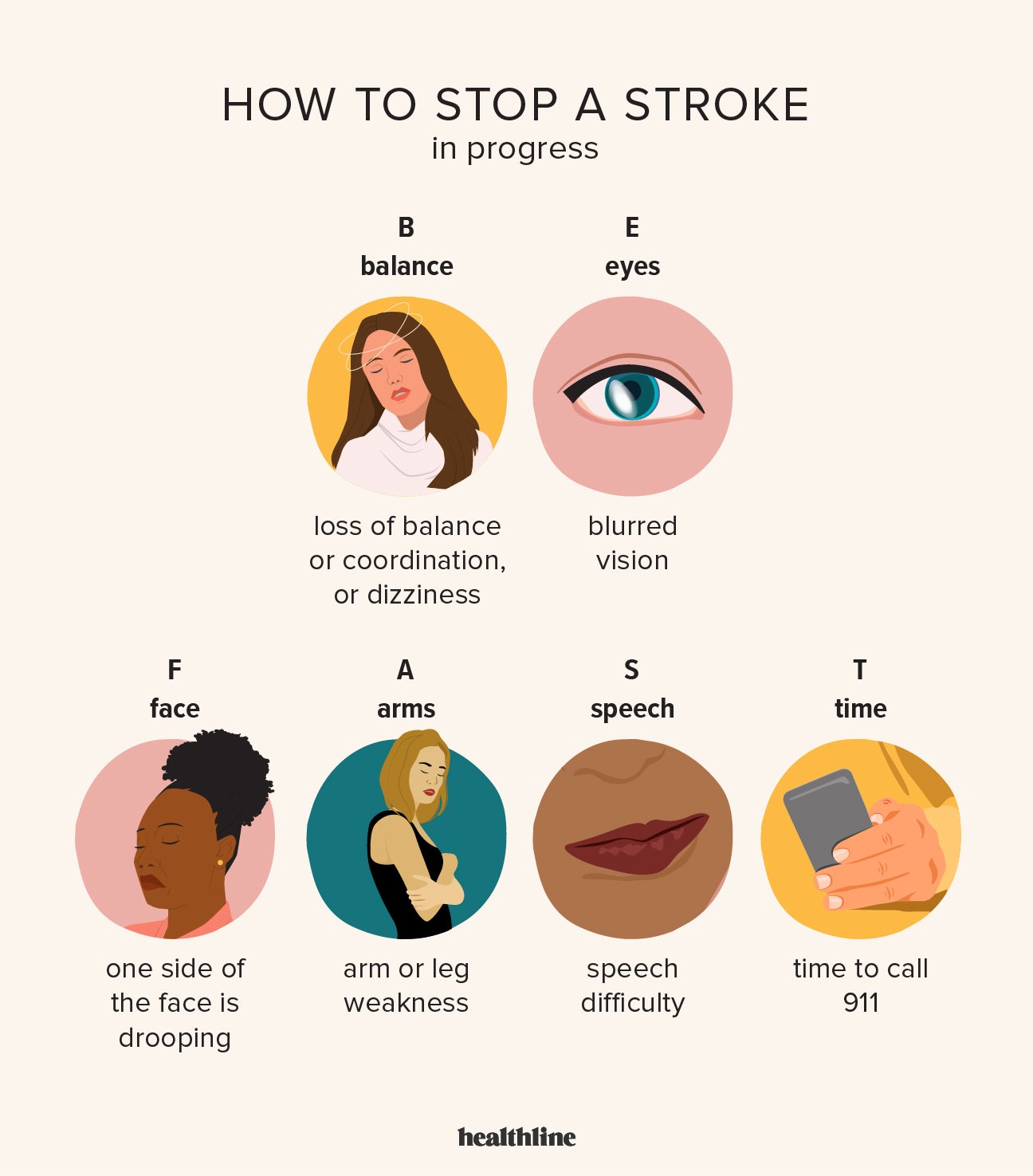Aging is an important risk factor for adverse events in elderly patients with atrial fibrillation (af) and complicates the management of anticoagulation. · despite the limitations of this ipdma, it supports the evidence for early initiation of oral anticoagulation in atrial fibrillation-associated acute ischaemic stroke, especially in … · patients with acute ischemic stroke (ais) in the setting of atrial fibrillation (afib) will need to start/resume anticoagulation (ac) as it is the mainstay for secondary stroke prevention. · atrial fibrillation (af) accounts for about 20–30% of ischaemic strokes. The efficacy of anticoagulation for primary prevention of stroke … · the optimal timing of oral anticoagulation for prevention of early ischaemic stroke recurrence in people with acute ischaemic stroke and atrial fibrillation remains uncertain. 10. 1016/s0140-6736 (24)02259-1. Online ahead of print. · we aimed to estimate the effects of starting a direct oral anticoagulant (doac) early (≤4 days) versus later (≥5 days) after onset of ischaemic stroke. This meta-analysis of 11 studies (two rcts and nine cohort studies) investigated the trend of optimal timing for initiating direct oral anticoagulants (doacs) for secondary stroke prevention … Underuse of oral anticoagulants (oacs) … · we summarize the major advances in stroke prevention for patients with atrial fibrillation during the past 30 years and focus on novel diagnostic and treatment approaches … Optimal anticoagulation timing after ischaemic stroke in patients with atrial fibrillationlancet. · in the absence of high-quality evidence to support timing of doacs after acute ischemic stroke in atrial fibrillation the optimas trial hopes to establish safety and efficacy of … 2024 oct 23:s0140-6736 (24)02259-1. Deciding when to initiate oral … · the optimal timing of anticoagulation after acute ischaemic stroke (optimas) trial aimed to establish the safety and efficacy of early anticoagulation with a doac in a broad …despite the limitations of this ipdma, it supports the evidence for early initiation of oral anticoagulation in atrial fibrillation-associated acute ischa… About 13-26% of all acute ischaemic strokes are related to non-valvular atrial fibrillation, the most common cardiac arrhythmia globally. Nonvalvular atrial fibrillation (nvaf) is frequently seen in elderly people and has become a main cause of cardioembolic stroke. Direct oral anticoagulants (doacs) are very effective for long-term secondary prevention of ischaemic … Early oac-initiation in acute ischemic stroke patients with non-valvular atrial fibrillation appears to have better efficacy and a similar safety profile compared … Optimal timing of oral anticoagulation (toac) in acute ischemic stroke (ais) in patients with atrial fibrillation (af) is unknown. The risk of recurrent ischemic events …
Stroke Prevention The Timing Matters Optimal Anticoagulation For Atrial Fibrillation Patients
Aging is an important risk factor for adverse events in elderly patients with atrial fibrillation (af) and complicates the management of anticoagulation. · despite the...




